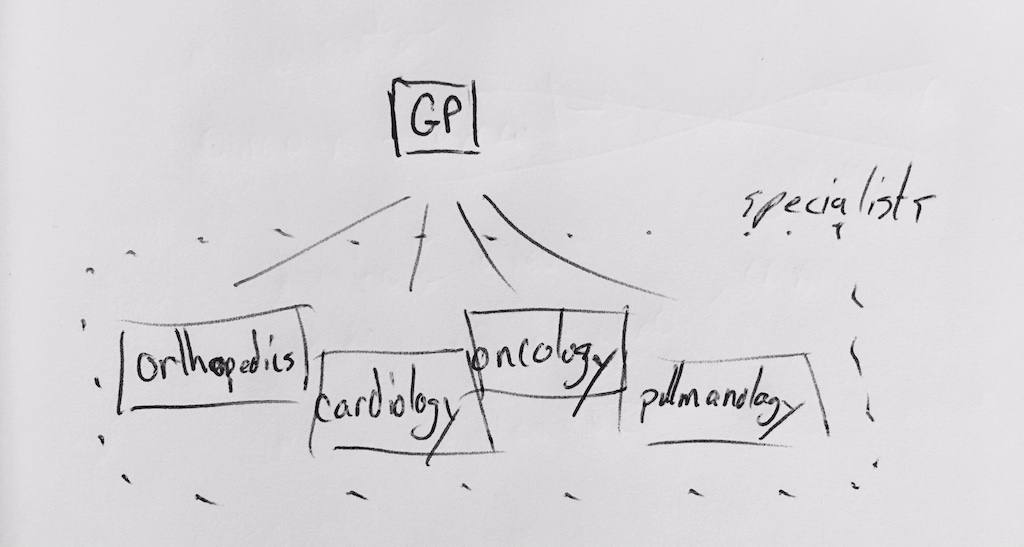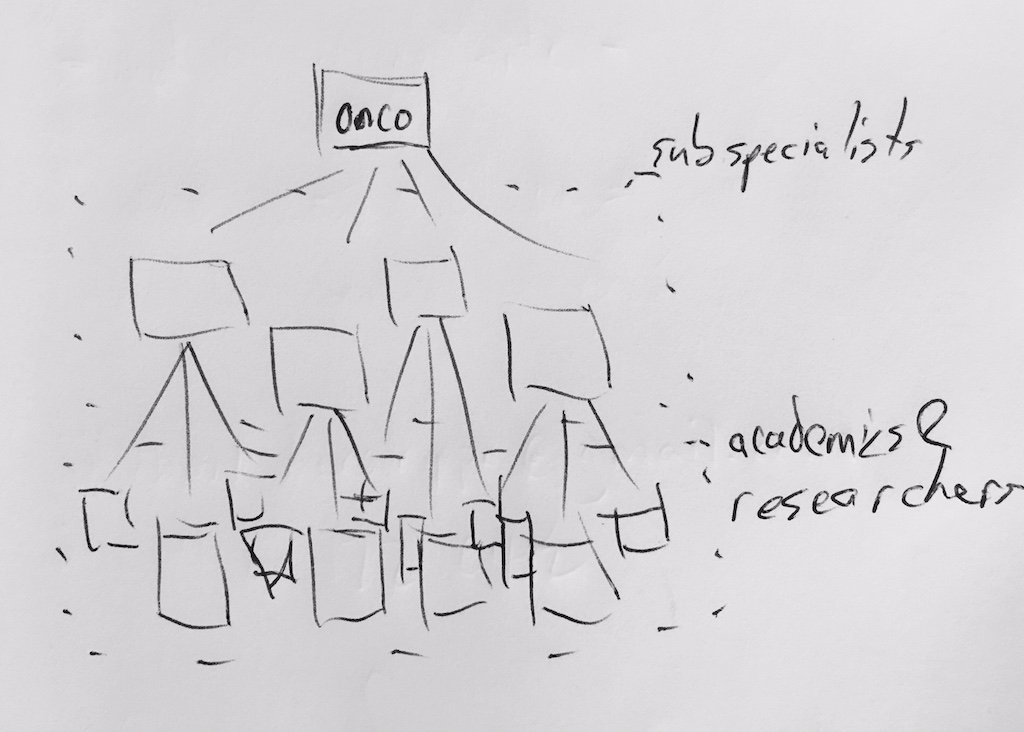I am presently reading Artificial Intelligence in Medicine (AAAS Selected Symposium), edited by Peter Szolovits. This book is an edited compilation of presentations from the 1979 Annual Meeting of the American Association for the Advancement of Science. In the Preface, Peter lays out the case for using artificial intelligence to improve medicine:
Modern Medicine has become technically complex, the standards set for it are very high, conceptual and practice advances are rapid, yet the cognitive capabilities of physicians are pretty much fixed. As more and more data become available to the practicing doctor, as more becomes known about the process of disease and possible interventions available to alter them, practitioners are called on to know more, to reason better, and to achieve better outcomes for their patients. But how can the physician learn, retain and apply this ever-expanding body of knowledge? Improvements in medical education are a constantly sought but limited means of meeting this challenge. The creation within our medical centers of special and sub-specialty services, with the experts serving as shared consultants to the rest of the community and training programs to create more experts has been the most important institutional response. [However, there are limits to the availability of specialists] ...
If the expertise of consultants can be captured in the form of computer programs which provide advice to the less-expert physicians or other health-care providers, then any practitioner could call on that expertise whenever a patient's case suggested the need for careful thought about some aspect of the illness or therapy. The continued astonishing increase in power and decrease in price of computers will put a large (by today's standards) computer within reach of every physician's desk within a few years. The opportunity is there to improve the health-care system by improving each physician's ability to utilize the best available knowledge and the best ways of analyzing medical problems, as encoded in easily-duplicated and updated computer programs.
He frames the current state in terms of a general practitioner needing the assistance of specialist to treat a patient, and suggests that computers can aid in providing the capabilities of a specialist to the GP herself.

While this is directionally correct, the picture gets even more complicated when you look at the now-current situation in a specialty such as oncology.

With so many sub-specialites and so much academic research going on, the structural practice of specializing in smaller and smaller domains is failing to produce the results we need to treat cancer. The successful oncologist needs to be able to cross between and bring together multiple sub specialties for almost every single patient they treat. Additionally, the sheer volume of research being produced would be impossible for a treating oncologist to consume, as doing so would leave no time to actually treat patients.
Alerting oncologists to the existence of relevant research and cases is crucial to get patients the most relevant and cutting edge treatment options. Machine Learning fits this problem very well. In fact, IBM Watson recently showed just how much Machine Learning can help oncologists in treatment planning:
At the University of North Carolina School of Medicine, Watson was tested on 1,000 cancer diagnoses made by human experts. In 99 percent of them, Watson recommended the same treatment as the oncologists.
In 30 percent of the cases, Watson also found a treatment option the human doctors missed. Some treatments were based on research papers that the doctors had not read — more than 160,000 cancer research papers are published a year. Other treatment options might have surfaced in a new clinical trial the oncologists had not yet seen announced on the web.
Artificial Intelligence today is finally starting to deliver on the promises being made in 1979. However, it is left to be seen as to whether cancer centers will actually implement, and treating oncologists will accept, these systems or if they will be left within the walls of corporate and academic R&D centers.